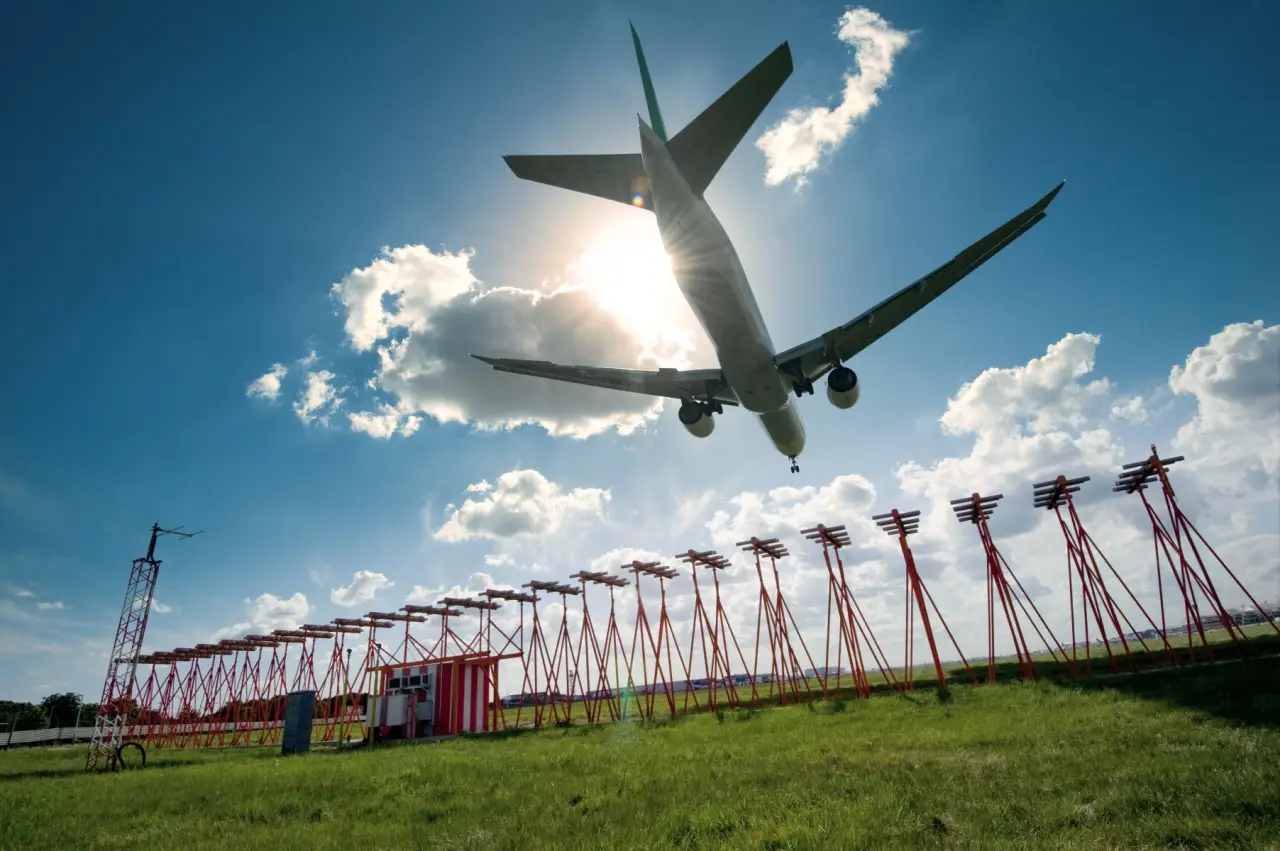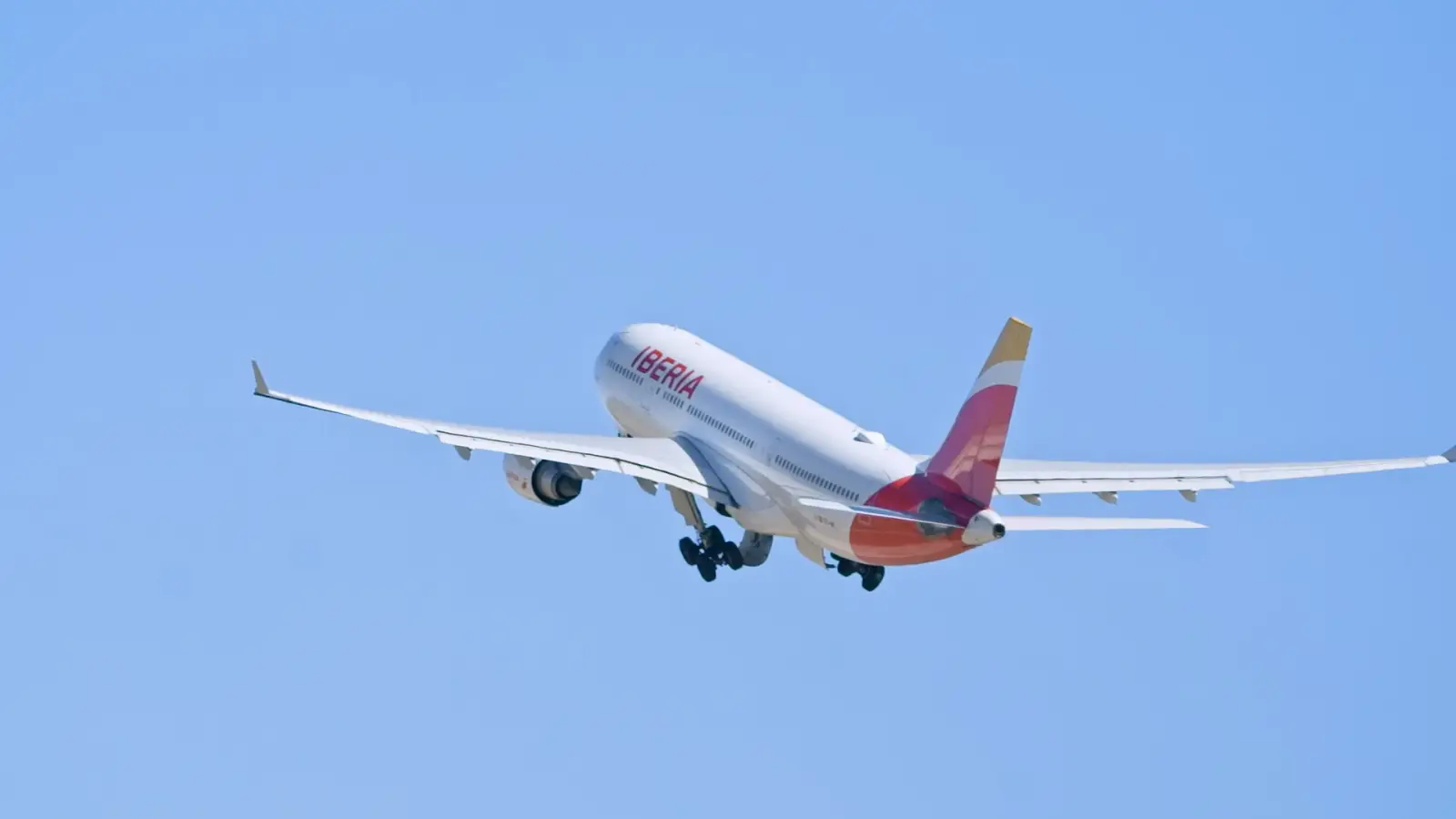Heathrow Airport is accelerating its commitment to sustainability with the expansion of its Sustainable Aviation Fuel (SAF) incentive scheme for a fourth year.
In 2025, the airport will allocate £86 million to encourage airlines to adopt SAF, targeting 3% of all aviation fuel used at Heathrow to come from sustainable sources. This initiative is expected to eliminate over 500,000 tonnes of carbon emissions from flights, equivalent to more than 800,000 economy-class round trips between Heathrow and New York’s JFK.
SAF is an eco-friendly alternative to traditional kerosene-based jet fuel, made from feedstocks such as used cooking oil and other waste materials. It has the potential to reduce lifecycle carbon emissions by 70% on average. Heathrow’s incentive scheme helps bridge the price gap between SAF and fossil fuels, making it a more viable option for airlines and aligning with the airport’s goal of achieving 11% SAF usage by 2030.
The expanded scheme is part of Heathrow’s larger effort to reach net-zero carbon emissions by 2050. By setting its SAF usage target 1% above the new UK mandate, which took effect on January 1, 2025, Heathrow is reinforcing its position as a leader in sustainable aviation within the UK and beyond.
In addition to SAF, Heathrow has introduced its new Nature Positive Plan, which focuses on minimizing the airport’s ecological footprint and addressing global biodiversity challenges. Key commitments include using nature-based solutions to tackle operational challenges, supporting ecological resilience around the airport, and enhancing biodiversity management. Heathrow is also the first airport to commit to the Taskforce on Nature-related Financial Disclosures (TNFD), which will involve annual reporting on its environmental impact.
These initiatives are part of an updated sustainability strategy, Connecting People and Planet (Heathrow 2.0). The revised strategy sets more ambitious goals across key areas, such as noise reduction, air quality improvements, and community engagement. By adapting its approach based on data-driven insights, Heathrow is responding to the evolving environmental and social challenges of the aviation industry.
Matt Gorman, Director of Carbon Strategy, emphasized the growing importance of SAF in achieving Heathrow’s sustainability goals. “Sustainable Aviation Fuel is no longer a future promise—it’s a proven solution that is powering flights worldwide,” he stated. “We are delighted that the government has legislated the SAF mandate, but now we must accelerate legislation for the SAF Revenue Certainty Mechanism to build a domestic industry that will decarbonize aviation and drive economic growth.”
With this renewed focus, Heathrow is positioning itself at the forefront of the global effort to decarbonize aviation. From leading the adoption of cleaner fuels to addressing biodiversity and air quality challenges, the airport’s efforts are paving the way for a greener future in travel.











